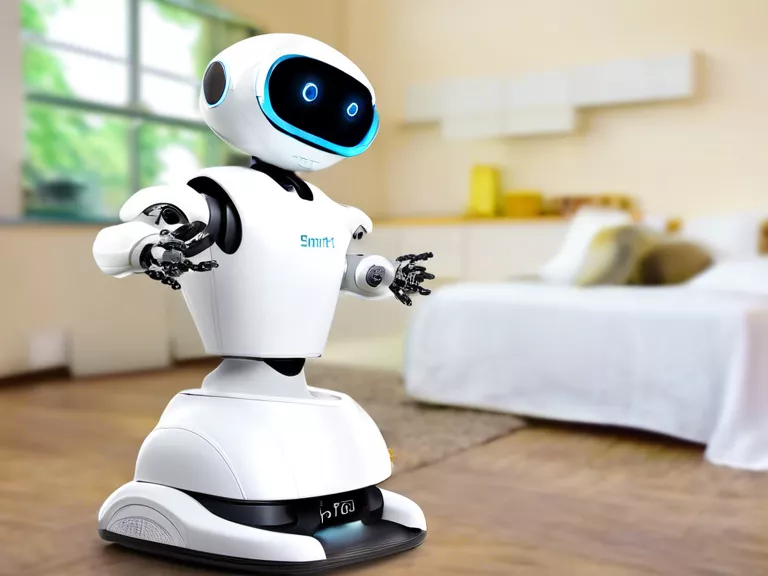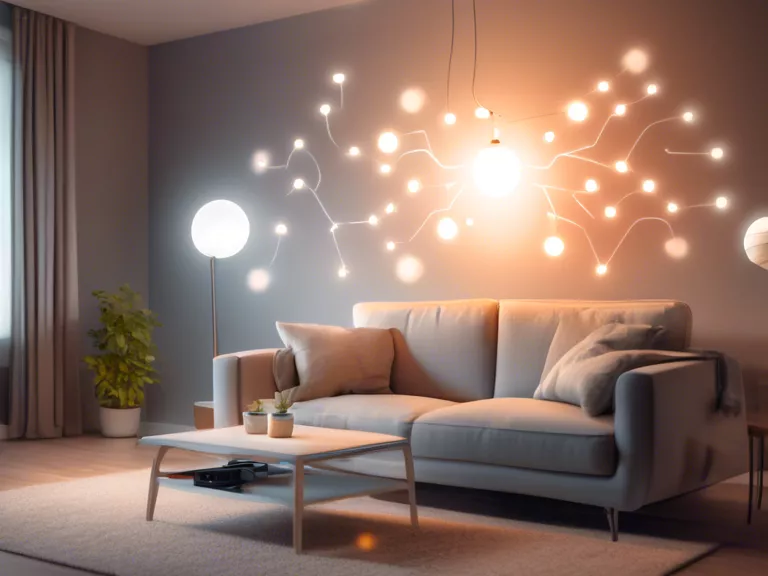
In recent years, the use of artificial intelligence (AI) within smart home security cameras has transformed the industry, particularly with the integration of facial recognition technology. This advancement allows for more personalized and effective home security solutions, providing homeowners with a higher level of control and peace of mind.
Facial recognition technology in smart home security cameras works by analyzing and identifying human faces in real time. This enables the camera to distinguish between familiar and unfamiliar faces, triggering alerts or actions based on predetermined settings. For example, if an unknown individual approaches your home, the camera can immediately send a notification to your smartphone so you can take appropriate action.
One of the key benefits of AI-powered facial recognition in smart home security cameras is the ability to create custom profiles for family members and trusted visitors. By programming the camera to recognize these individuals, false alarms can be minimized, and you can have a better understanding of who is coming and going from your home. This level of personalization enhances the overall security of your property and allows for more efficient monitoring.
Additionally, facial recognition technology can also be integrated with other smart home devices, such as smart locks or lighting systems. This means that upon recognizing a familiar face, the camera can automatically unlock the front door or adjust the lighting to welcome the individual inside. These seamless interactions between devices further enhance the convenience and efficiency of smart home security systems.
As AI continues to advance, the capabilities of facial recognition technology in smart home security cameras will only expand. From improved accuracy in identifying individuals to more sophisticated behavior analysis, the future of home security is becoming more intelligent and proactive. With these advancements, homeowners can feel more confident in the protection of their property and loved ones.



